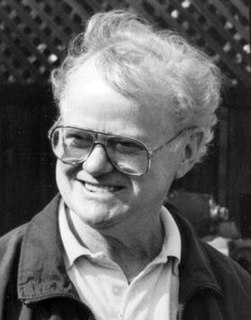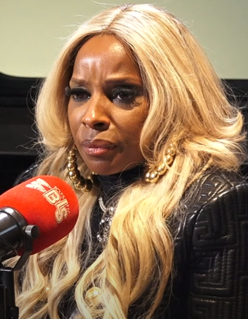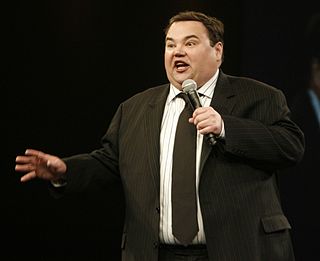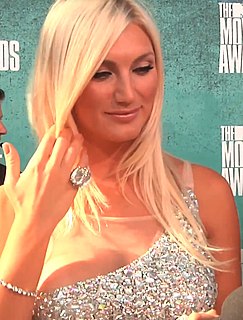A Quote by Daniel Petrie
The second Cocoon questions that and deals much more directly with the value of living in the real world with its trials and tribulations. I would say it's about that and not about aging or death.
Related Quotes
I just would like to say that over more than a quarter-century as a scientist and a believer, I find absolutely nothing in conflict between agreeing with Richard [Dawkins] in practically all of his conclusions about the natural world, and also saying that I am still able to accept and embrace the possibility that there are answers that science isn't able to provide about the natural world - the questions about why instead of the questions about how. I'm interested in the whys.
When you're 21 you think, "Old people sound like this. Old people think like this." I don't think my ideas about aging and about eternal life changed that much, but it became more poignant to me as I did get older and I could better imagine, as you sort of inch closer to death every day, why legacy, more than aging, becomes important to people.
At teenage parties he was always wandering into the garden, sitting on a bench in the dark . . . staring up at the constellations and pondering all those big questions about the existence of God and the nature of evil and the mystery of death, questions which seemed more important than anything else in the would until a few years passed and some real questions had been dumped into your lap, like how to earn a living, and why people fell in and out of love, and how long you could carry on smoking and then give up without getting lung cancer.
We really have to think about aging because women are living longer than men. More of the people who need care are women. A lot of them are living alone, with no one to care for them, or they're shunted into institutions. I would like to see a sensible aging policy more like what the Nordic countries have. They're cutting back those programs, but there you can still have in-home nursing care. You don't have to rely on your children. I personally don't want to be a burden on my daughter.
I consistently encounter people in academic settings and scientists and journalists who feel that you can't say that anyone is wrong in any deep sense about morality, or with regard to what they value in life. I think this doubt about the application of science and reason to questions of value is really quite dangerous.






































